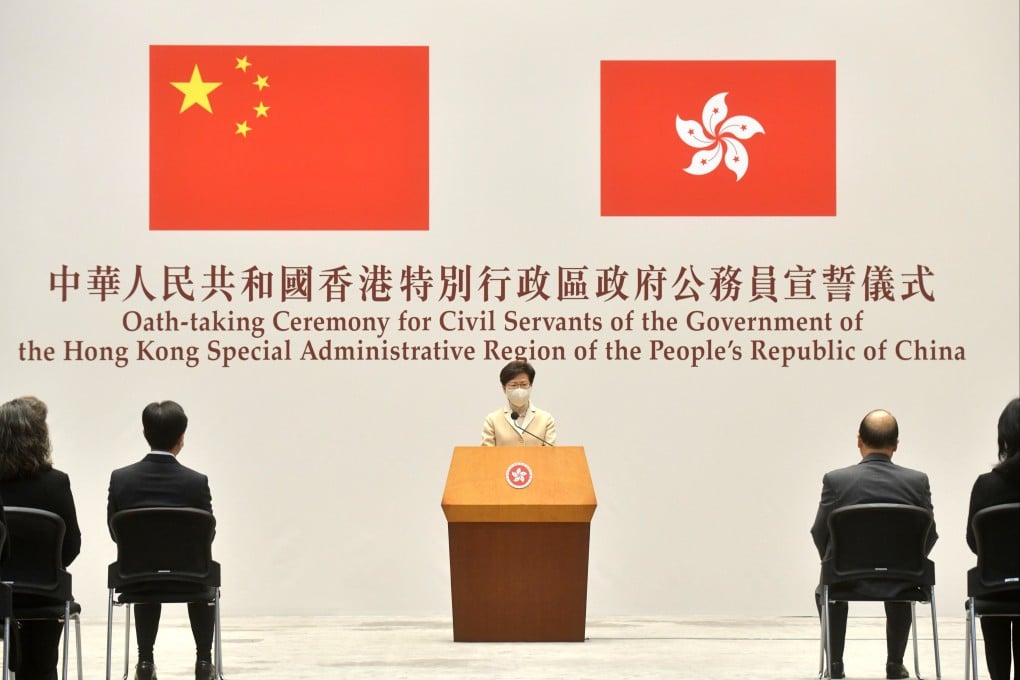Opinion | In a Hong Kong led by an ex-police officer, elite administrative officers will still play a major role
- As more officers from the disciplined services take up key leadership posts, there’s talk that the administrative service – a legacy of British rule – may fade in importance
- The opposite is true: administrative officers’ expertise in various fields, command of detail and loyalty to the system are still much appreciated

Two of our four chief executives thus far have come from the prestigious administrative service of the government, a clear sign of Beijing’s trust in the competence of the elite administrative officers groomed by the British.
If the top positions in the next administration are to be filled by high-flyers steeled in security matters, that will mark a decisive change in Beijing’s policy on the choice of Hong Kong’s leaders. If so, what does that augur for Hong Kong?
The administrative service is a “general grade” of the government, meaning that officers are posted to different government departments to broaden their experience. To advance their career, they must be thoroughly tested in demanding jobs in different areas, especially the government secretariat, the nerve centre where the most important decisions affecting Hong Kong are made.
Thanks to Hong Kong’s high level of autonomy in managing its economic, financial and trade relations, administrative officers, or AOs, get a chance to serve overseas in economic and trade offices, take part in bilateral or multilateral negotiations in areas ranging from free trade agreements to investment promotion, and represent Hong Kong in international forums.
